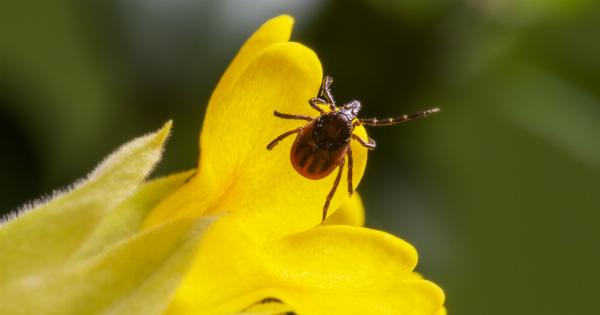West Nile virus (WNV) is a potentially serious illness spread by infected mosquitoes. In the United States, WNV is most commonly spread to people by the bite of an infected mosquito.
While the vast majority of people infected with WNV will have no symptoms, some people may develop a fever, headache, body aches, joint pains,vomiting, diarrhea, or rash. In severe cases, people may experience a more serious illness, such as encephalitis or meningitis. In order to protect yourself from WNV, it’s important to take steps to reduce your risk of exposure to mosquitoes.
1. Wear Protective Clothing
One of the most effective ways to protect yourself from mosquito bites is to wear clothing that covers your skin. This includes long-sleeved shirts, pants, and socks. Choose loose-fitting clothing made from lightweight fabrics, such as cotton or linen.
Mosquitoes can bite through tight-fitting clothing, so be sure to wear items that fit loosely.
2. Use Insect Repellent
Insect repellent is one of the most effective ways to prevent mosquito bites. Choose a repellent that contains at least 20 percent DEET (N,N-diethyl-m-toluamide). Follow the instructions on the label and apply the repellent as directed.
Do not use repellent on babies younger than 2 months old, and do not use products containing oil of lemon eucalyptus (OLE) or para-menthane-diol (PMD) on children younger than 3 years old.
3. Avoid Mosquitoes
One of the best ways to prevent WNV is to avoid exposure to mosquitoes altogether. Try to stay indoors when mosquitoes are most active, which is typically during the early morning and evening hours.
If you do need to be outdoors, take steps to reduce your risk of being bitten. Wear protective clothing and use insect repellent. Remove sources of standing water from around your home, such as bird baths, flower pots, and gutters, where mosquitoes lay their eggs.
4. Keep Your Home Mosquito-Free
You can also take steps to reduce the number of mosquitoes around your home. Make sure that all of the doors and windows in your home have screens to keep out mosquitoes. Repair or replace screens that are damaged or torn.
Use air conditioning to keep your home cool, as mosquitoes prefer warm temperatures. Use mosquito netting over baby carriers and strollers when you are outdoors with your baby.
5. Protect Your Pets
Pets can also get sick from mosquito bites. Make sure that your pets are up to date on their vaccinations. Talk to your veterinarian about products that can help protect your pets from mosquitoes, such as collars, sprays, and spot-on treatments.
6. Monitor for Symptoms
If you think that you may have been bitten by an infected mosquito, watch for symptoms of WNV. Most people who are infected with WNV will not have any symptoms.
If you do experience symptoms, they may include fever, headache, body aches, joint pains, vomiting, diarrhea, or rash. If you experience any of these symptoms, contact your healthcare provider.
7. Seek Medical Treatment
If you develop more serious symptoms, such as encephalitis or meningitis, seek medical treatment right away. These illnesses can be life-threatening, and prompt treatment is important.
If you have any questions or concerns about WNV, talk to your healthcare provider.
Conclusion
Protecting yourself from WNV is important to keep yourself free from this potentially serious illness. By following the tips above, you can reduce your risk of exposure to mosquitoes, and keep yourself and your family safe and healthy.


























